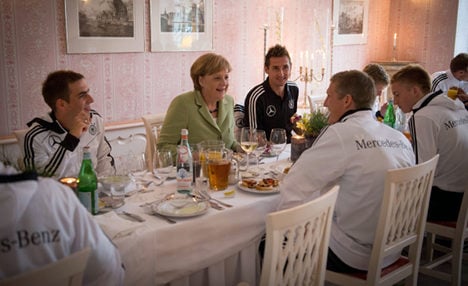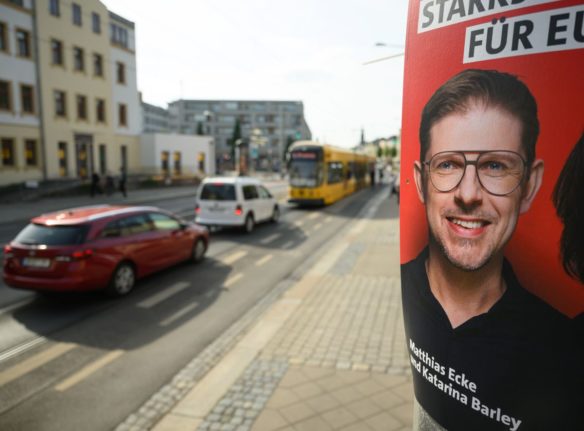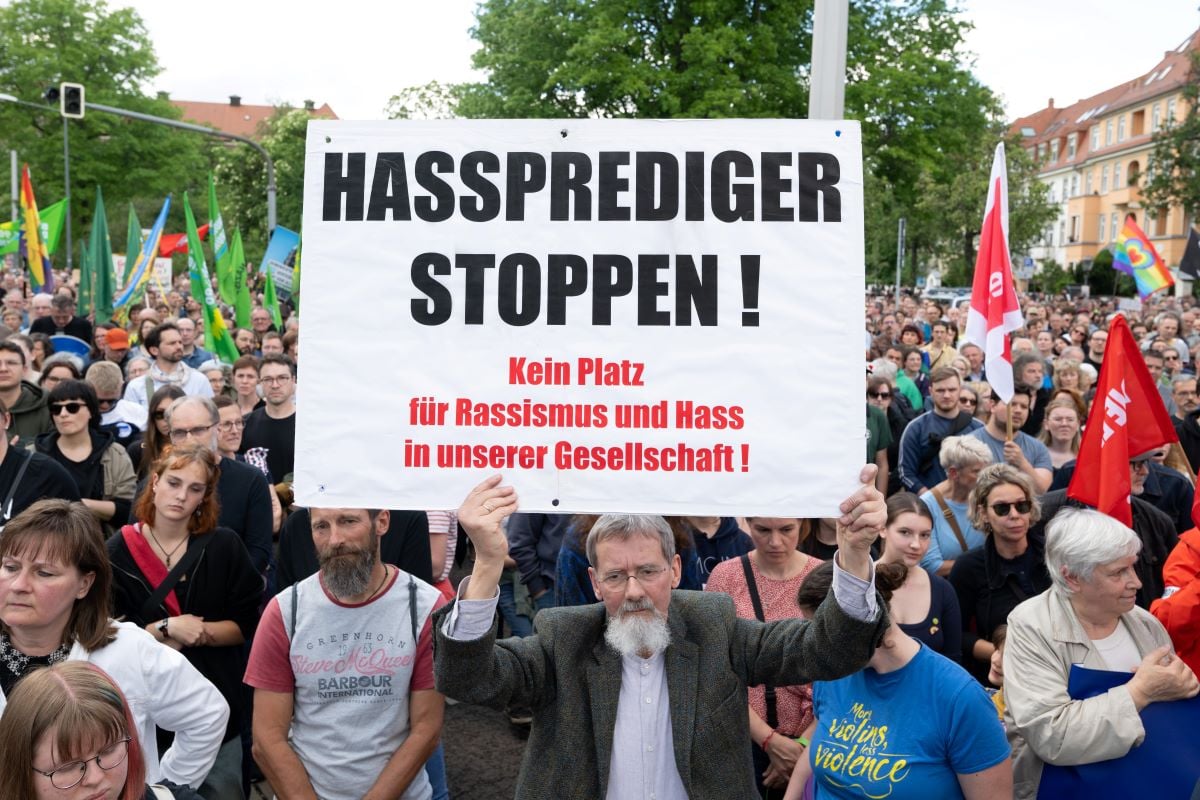“She is hoping for an exciting and fair match,” the government’s deputy spokesman Georg Streiter told reporters at a regular news conference on Wednesday.
Merkel will fly from a crucial four-way summit with the leaders of Italy, Spain and France in Rome which jittery financial markets are watching for signs of long-term solutions to the eurozone’s debt crisis.
This meeting was brought forward at Merkel’s request, the German government said later on Wednesday, without drawing a direct link to the football.
“Chancellor Angela Merkel asked Italian Prime Minister Mario Monti to bring forward the meeting on Friday in Rome. Monti agreed and the chancellor has thanked him,” Streiter said in a written statement.
Streiter had previously told reporters it was Monti who wanted the meeting to be held earlier than planned.
Germany coach Joachim Löw has sought to play down the wider political significance of the match in the Polish city of Gdansk, telling reporters he is preparing his side for “a normal football contest.”
But with Merkel cutting an unpopular figure in Greece for her insistence on painful austerity measures as the best response to the crisis, the match has taken on an added intensity.
Nevertheless, midfielders Sami Khedira and Thomas Müller both said they were delighted Germany’s leader would be attending.
“We are also a fan of hers,” revealed Real Madrid star Khedira. “We’re happy every time she comes. She seems to us good luck. She is very friendly and very open with an interest in football.”
The German chancellor already visited the national team at their Euro 2012 base in Gdansk, Poland, just before the tournament started, and enjoys close links with the Mannschaft.
“It’s nice to feel the full support of the political world back home too,” added Bayern Munich’s Müller.
The German football association (DFB) said Merkel’s presence was sure to be a good omen for the clash.
“The last two internationals that the chancellor watched at the stadium resulted in big wins for the German team: 3-0 on October 8 against Turkey in Berlin and 4-0 in the World Cup quarter-final against Argentina in Cape Town,” the DFB said.
German Finance Minister Wolfgang Schäuble turned pundit for the match, predicting a 3-1 win for the Mannschaft in an interview with the weekly Die
Zeit newspaper.
While politicians and footballers have downplayed the crisis angle, newspapers in both countries have stoked the enmity.
“Bring us Merkel,” read a headline in Goal News, while daily newspaper Bild splashed: “Poor Greeks, we’ll give you your next bankruptcy for free.”
Asked if Merkel might take advantage of the match to meet Greece’s next leader, Antonis Samaras, Streiter said the trip “was all about sport” and quipped that if there were to be such a meeting, “it might be at half-time.”
“If he is there, they will of course meet and they will greet each other warmly and then talk about football: about offsides and other such miscellaneous topics,” Streiter said, to laughter from the assembled reporters.
The announcement of Merkel’s attendance at the match in Poland came as the British government said none of its ministers will go to England’s Euro 2012 quarter-final against Italy, which takes place in co-host Ukraine.
Anger is running high across Europe over the treatment of jailed Ukrainian opposition leader Yulia Tymoshenko, and other governments have been putting mounting pressure on Ukraine.
No British ministers attended England’s three group matches – against France, Sweden and Ukraine – as they were all staged in Ukraine, though the ambassador to Kiev did go.
AFP/jcw




 Please whitelist us to continue reading.
Please whitelist us to continue reading.
Member comments